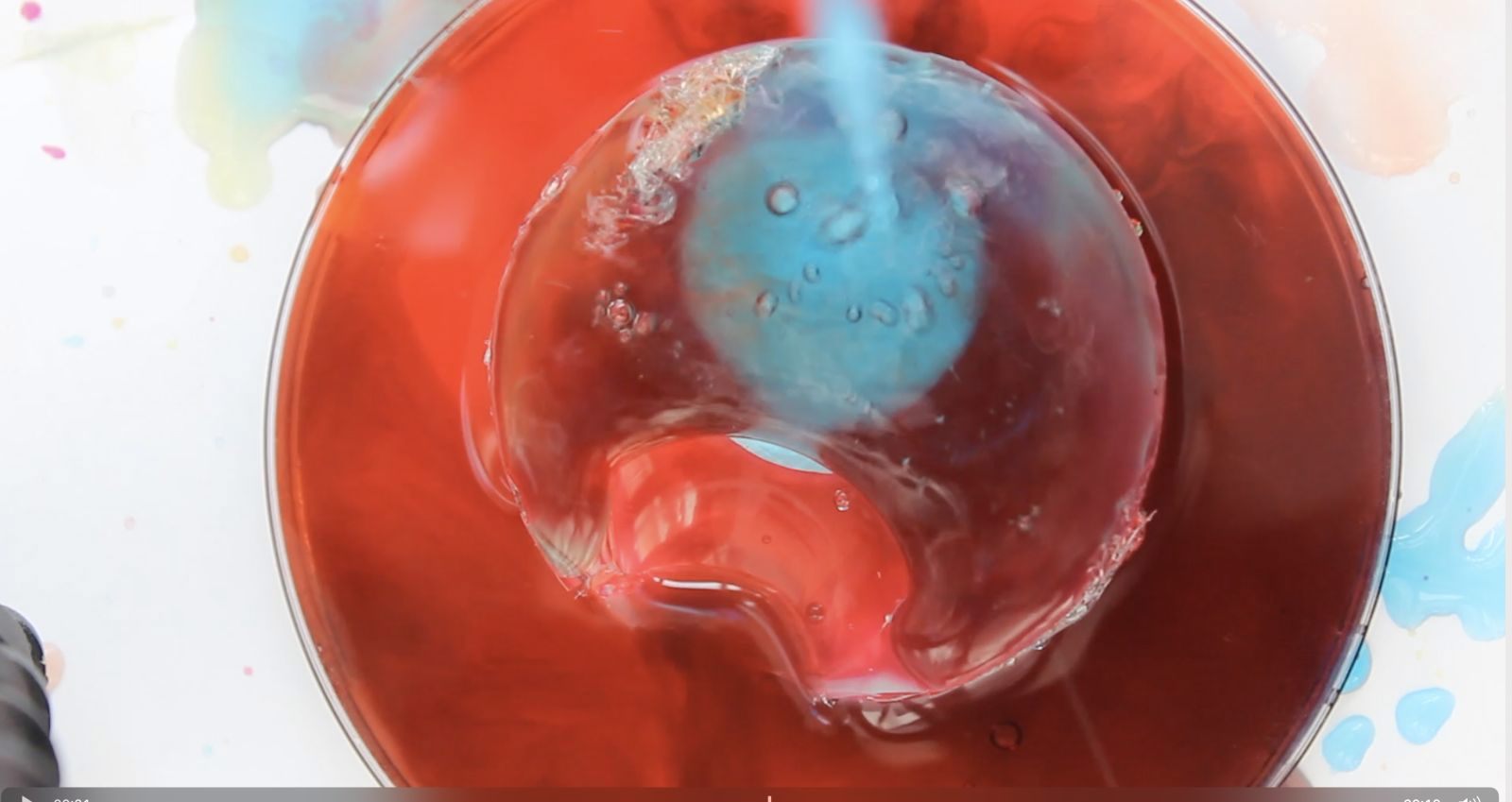- Open Today: 10.00–18.00
- Ticket
- Shop
- Membership
- TR EN

"Crafting Technology for Textiles" – a collaborative project between Istanbul Modern and the Royal College of Art (RCA), London
Istanbul Modern and the Royal College of Art (RCA) in London present “Crafting Technology for Textiles”, a new project that starts with an event series titled “Thinking Through Making”. The series will bring together professional artists, designers, academicians and creative individuals in their respective fields over a period of nine months beginning on February 25, 2021.
Istanbul Modern is launching a new program in collaboration with the Royal College of Art in London, one of the most influential academic institutions worldwide in the sphere of art and design. Called “Crafting Technology for Textiles”, the project aims to develop a new methodology to support Istanbul's global position as a creative culture-oriented city by creating a collaborative working environment for future craft.
“Thinking Through Making” is the project's first series of webinars and workshops, open to the public, focused on the relationship between technology and craft. The aim of these public events is to offer participants a platform where they can acquire new cross-cultural knowledge and skills.
A network of design between two countries
Istanbul Modern Chief Curator Öykü Özsoy says that the new project is inspired by Istanbul Modern's ongoing programs which has demonstrated its intention to create encounters between design, new technologies, art, and crafts. The new project will create an interdisciplinary network of design between the United Kingdom and Turkey.
"We aim to develop a new methodology that will support Istanbul's creative culture-oriented position in the world. The Textiles Soft Systems Research Group within the Royal College of Art has collaborative projects with the Victoria and Albert Museum and London Design Museum. The events we will organize as part of the “Crafting Technology for Textiles” project will create an interdisciplinary design network between the United Kingdom and Turkey to explore a creative and sustainable future for craft-based textiles.”
Online workshops offered throughout the project will invite participants to explore craft-technology interactions and emerging textile technologies and tools.
The first event will take place on February 25
“Thinking through Making: Soft Systems”, the project's first panel discussion, will feature members of RCA's Textiles Soft Systems Research Group, who will speak about new developments with respect to the physical attributes of textiles, soft materials, and digital assembly technologies The second panel discussion, scheduled for March 12, is titled “Thinking through Making: Diversity in Practice”.
Craft and art at Istanbul Modern
Istanbul Museum of Modern Art has introduced an innovative and participatory approach to art education through contemporary and interactive practices and significantly contributed to Turkey's growing presence in the international art world. Through exhibitions, educational programs, and three distinct yet complementary projects, Istanbul Modern has demonstrated its intention to create encounters between design, new technologies, art, and crafts. In 2015, Istanbul Modern organized "From Crafts to Design", a project that brought together craftspeople, designers and artists from Turkey and supported their collaborative production. In 2018, the museum launched the International Artist Residency Program, which invited 10 international artists to collaborate with Istanbul artisans to produce a contemporary interpretation of Istanbul’s craft heritage, and showcased in a “Guests: Artists and Craftspeople” exhibition. Again in 2018, Istanbul Modern launched the Art Maker Lab Project as a learning space bringing together design, art and new technologies.
A collaborative project between Istanbul Modern and the Royal College of Art (RCA), London, “Crafting Technology for Textiles” has been funded by Arts and Humanities Research Council and Newton Fund